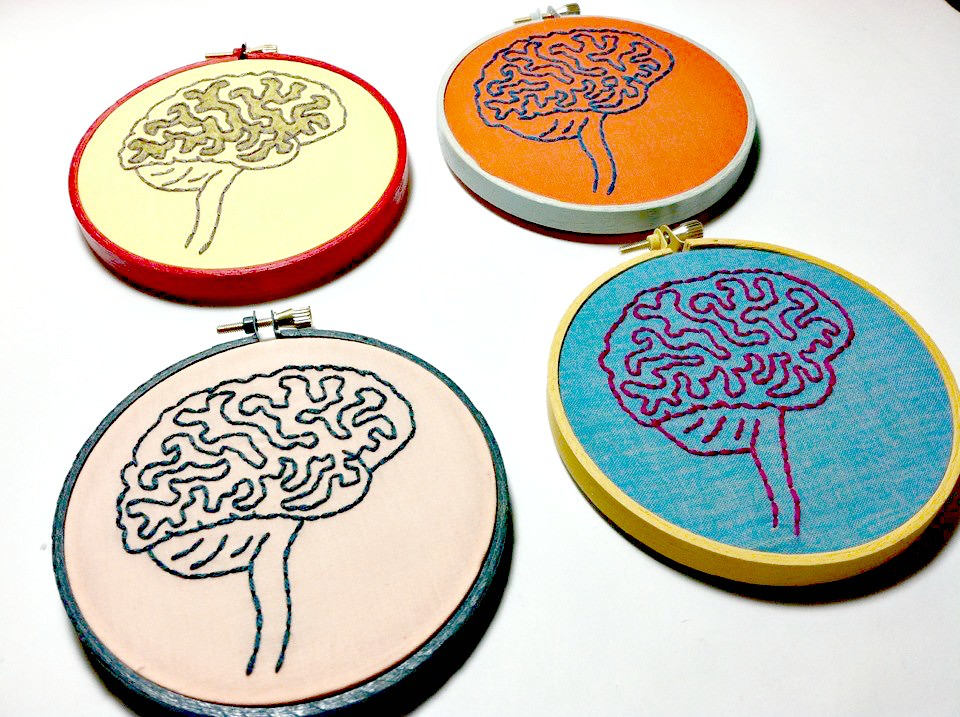This week I learned about “the inquiry cycle”. The chapter begins by explaining how an inquiry teacher must practise the gradual release of responsibility (GRR). I have some knowledge of the GRR model from literacy last semester. From what I understand, the GRR model would be instrumental in a student-centred approach to learning such as inquiry-based education. The authors explain that for students to be able to follow their passions or inquiries, inquiry teachers must gradually release responsibility over their students’ education. They acknowledge that transitioning your classroom into inquiry-based can be overwhelming. But, there are three specific things that you must keep in mind to make the inquiry successful:
- “Keep your learners in mind”
- “Keep your curriculum in mind”
- “Keep your assessment in mind”
The point that I was most curious about was assessment. Since I began this journey into inquiry, I have wondered how are assessments performed? MacKenzie and Bathurst-Hunt write that learners could choose their own form of assessment by deciding how they want to show you their understanding. The authors claim that when you empower your students to choose their own way of demonstrating their knowledge, we allow them to tap into their strengths, interests, and learning styles. I really like this idea because I think it would be so much more engaging and inclusive for students.
Next, MacKenzie and Bathurst-Hunt present ten phases of the inquiry cycle:
- Determine Your Focus
- Start with an Essential Question
- Brainstorm Questions
- Brainstorm Subtopics
- Select a Subtopic
- Access Prior Knowledge
- Identify Wonderings
- Research
- Make Cross-Curricular Connections
- Perform, Reflect, and Revise
These are the steps that an inquiry teacher and their students should go through before they start a unit. The first step I recognized was “Access Prior Knowledge”. This made me think of the constructivist theory of learning. I noticed that this inquiry cycle is constructivism in its finest sense.
MacKenzie, T., & Bathurst-Hunt, R. (2018). Inquiry mindset: Nurturing the dreams, wonders & curiosities of our youngest learners. EdTechTeam Press.
Linked below is a podcast that I found really helpful for an introduction to inquiry education.
Thanks for reading,
Lauryn Y

